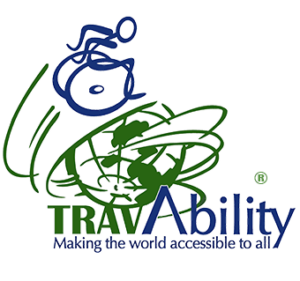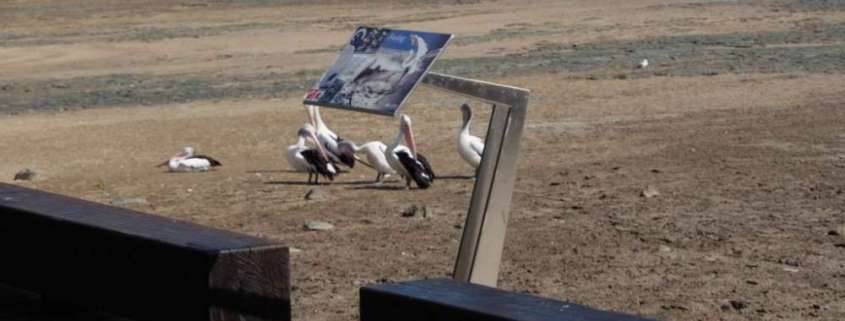UNWTO COVID19 – An Inclusive Response for Vulnerable Groups
Just as the tourism sector is affected more than others by the current COVID-19 pandemic, vulnerable groups within the sector are among the hardest hit. We must ensure that recovery efforts actively include all people and groups. This is an opportunity to create a stronger, more resilient and inclusive industry.
As laid down in the UNWTO Framework Convention on Tourism Ethics, the sector has a duty to promote the rights of the most vulnerable groups such as women, indigenous people and people with disabilities.
“Tourism activities should respect the equality of men and women; they should promote human rights and, more particularly, the individual rights of the most vulnerable groups, notably children, the elderly, persons with disabilities, ethnic minorities and indigenous peoples.”
UNWTO Framework Convention on Tourism Ethics
Article 5, paragraph 2
When we talk of designing sustainability into tourism recovery programs, we must acknowledge that sustainability cannot be achieved until all vulnerable groups are embraced fully into the new design.
UNWTO has developed the following measures in collaboration with relevant international, national and local partners to help governments and businesses craft an inclusive response to COVID-19, ensuring that no one is left behind.
COVID-19 & People with Disabilities
People with disabilities and seniors are heavily affected by COVID19. They are often excluded from communications on public health and travel updates, decision-making and information on accessibility of basic services.
Their health conditions and social isolation can expose them to serious risks. The pandemic outbreak, coinciding with the offseason in many destinations, also caught many people with access requirements travelling or “about to board”.
The recovery should include accessibility as a central pillar in measures to improve destinations’ offer and competitiveness, contributing to inclusive environments, services and employment.
Immediate Response
 Repatriation without delays: Accessibility measures are important during repatriation, so everyone can benefit (accessible transport, routes, information, communication). Compromising accessibility entails safety risks and unwanted injuries.
Repatriation without delays: Accessibility measures are important during repatriation, so everyone can benefit (accessible transport, routes, information, communication). Compromising accessibility entails safety risks and unwanted injuries.
Courtesy accessible accommodation: The provided assistance should observe specific access needs. People with disabilities often travel accompanied, which implies extending the assistance to companions or “essential staff”.
Peer-support among DMOs and DPOs: Destinations should engage disabled peoples’ organizations (DPOs) to support immediate actions. They are mediators in understanding specific needs, existent barriers and the ways to bridge them.
Accessible Communication and Technology: New technologies can make products and services user-friendly. Making technology and communication channels disability-friendly, during and post-COVID19, will benefit all.
“Tourism for All” more than ever in 2020: “Tourism for All” is to be encouraged throughout the year, especially in the forthcoming 2020 high season. People with access needs and seniors can contribute to tourism recovery.
Recovery
 “Tourism for All” policies: People with disabilities and seniors represent an immense market opportunity, notably in off/mid – season periods. Destinations should harness this potential and make accessibility a reality.
“Tourism for All” policies: People with disabilities and seniors represent an immense market opportunity, notably in off/mid – season periods. Destinations should harness this potential and make accessibility a reality.
Improved customer service: Tourism professionals usually lack basic training on attending to customers with disabilities. A quality service implies employees anticipating their clients’ needs, regardless of customers’ abilities.
Equal opportunities in employment: The employment policies in tourism companies should be driven by equal opportunity principles. Proper job adaptations and skill matching enable everyone to access the labour market in our sector.
Use of innovative technology: Technologies should be a lever in making travel easier and more inclusive for all. Alternative formats. i.e. sign language, easy reading, subtitles, audio descriptions and Braille, should be incorporated by developers.
Application of international standards: Tourists need the same accessibility conditions, wherever they travel. Applying international standards can ensure the same level of accessibility for tourism products and services worldwide.
UNWTO has developed these measures in collaboration with international, national and local partners to help governments and businesses craft an inclusive response to COVID-19, ensuring that no one is left behind.



